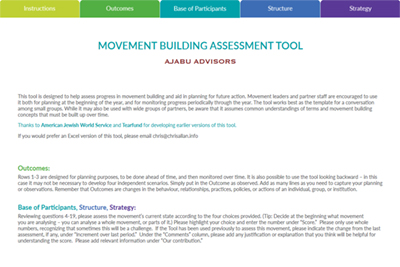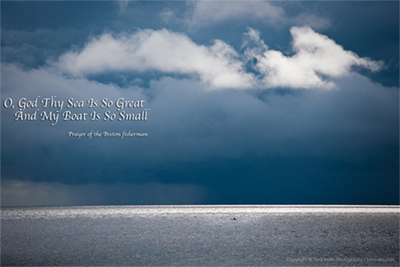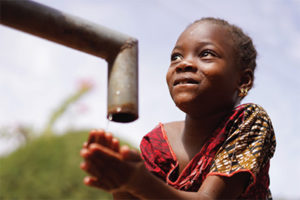Managing Complexity

Democratic Republic of the Congo Field Epidemiology Training Program Advanced Level Evaluation
Conducted an Outcome Harvest as part of an evaluation of a Centers for Disease Control and Prevention (CDC) evaluation of a program to train doctors and administrative staff in controlling disease outbreaks.

Final Programme Evaluation of Evidence and Collaboration for Inclusive Development
End of programme evaluation of the UK FCDO-funded Evidence and Collaboration for Inclusive Development in Zimbabwe, Nigeria, and Myanmar implemented by Christian Aid. Managed a global team assessing outcomes for women, people with disability, and other excluded groups.

Movement Building Assessment Tool
Evaluated Tearfund’senvironmental movement strengthening programs around the world and developed a method for monitoring progress in movement building on an ongoing basis.

Evaluation of Liliane Foundation Inclusion Network (LINC)
Evaluation of a global network of 30 NGOs in Latin America, Asia, Africa, and Europe active on disability issues.

Mental Frames and Problem Solving
This is a presentation from an interactive session I did with Karen MacClune of ISET at the Front Range Bioneers conference in 2016. The idea was to raise our awareness about the way we all use mental frames to understand issues, and suggest some ways to work with others when our basic ways of looking at things get in the way.

Managing Complex Adaptive Systems, or How I Learned to Stop Worrying and Love Chaos
This presentation describes principles behind managing solutions to complex social problems. It explains the need to move past traditional, linear management systems if we are to solve any of the complex issues that require broad collaborations and networks.

What Faith Based Climate Change Activists Can Learn from Other Social Movements
Led a discussion of faith based climate change activists at the October 2013 Creation Care conference, sponsored by Colorado Interfaith Power and Light and Regis University. The presentation gives a framework for thinking about what successful social movements do, in this case thinking about how faith based activists can use their unique constituencies and spiritual tools in a broader effort to deal with our changing climate.

